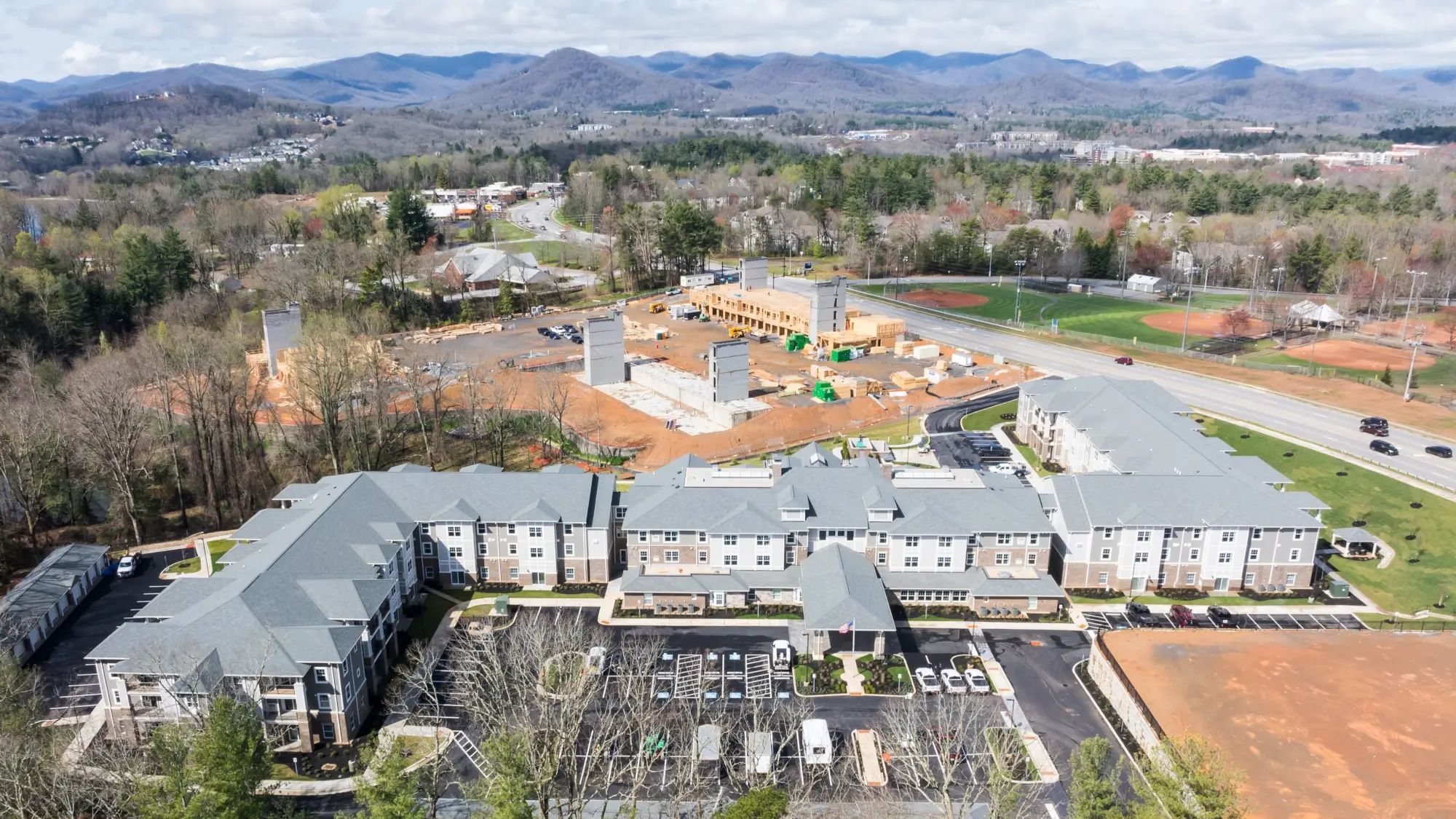
Mesothelioma is a
type of lung cancer that disproportionately affects seniors. Most people who
are suffering from this disease are diagnosed after the age of 64, and the
5-year survival rate of mesothelioma is
only about 12 percent.
Although this is a rare form of cancer, mesothelioma is responsible for taking more than 2,500 lives a year. In honor of Mesothelioma Awareness Day, here are some things every senior should know about this life-altering cancer— including how it develops and the signs to watch out for.
Some People Are More at Risk Than Others
Unlike other cancers, Mesothelioma is only caused by one thing—asbestos exposure. Asbestos is composed of sharp, microscopic fibers that lodge themselves in the lining of the lungs and other organs when breathed in. This damages the tissue and leads to abnormal cell growth that can eventually turn into mesothelioma or other asbestos-related ailments.
Some people are more likely to have been exposed to asbestos than others. People who previously worked with asbestos or asbestos-containing materials are more likely to develop mesothelioma than those who didn't. Unfortunately, their family members are also at a greater risk of developing this cancer due to being exposed via their family member's clothes.
You may be at a greater risk of developing mesothelioma if you used to work in any of these occupations:
Even if you didn't work in one of these industries, your chances of being exposed to asbestos can still be high. Before the 1970s, asbestos was used in a variety of consumer products and building materials used in homes. Common household items such as carpets, hairdryers, books, clothes, and even bowling balls were all homes for asbestos. Because of this, it's estimated that 20 million people are at risk of developing mesothelioma in their lifetime. If you grew up during these times, it's possible that you may have been exposed.
The effects of being exposed to asbestos are not immediate. It can take anywhere from 10-50 years for mesothelioma to start to show after you're first exposed. This is one of the main reasons why seniors are more likely to have the disease than younger adults. Because it takes so long for symptoms to occur, many mesothelioma patients may not remember when they could have been exposed to asbestos.
Certain factors, like how often you were exposed, your age at the time of exposure, and where the cancer is located in the body can all impact how quickly you start seeing health problems. If you're 64 or older, you should keep an eye out for common symptoms of mesothelioma.
Symptoms Often Look Like Other Diseases
Mesothelioma is
difficult to diagnose because of its lengthy latency period. It's also a rare
cancer with symptoms that look like different conditions. There are also
different types of mesothelioma that affect different parts of the body, which
can bring about varied types of symptoms that develop. A few early signs you
may notice are:
These symptoms can be attributed to a multitude of different ailments, from the flu, to irritable bowel syndrome, to heart disease. Over time, symptoms will worsen. In order to find out if you have mesothelioma, your doctor will perform a series of tests—including imaging scans, biopsies, and blood tests— to determine if this is the disease you're dealing with.
Early Detection Could Save Your Life
Testing for early detection could be a lifesaver with mesothelioma. As the cancer spreads to other parts of the body, available treatments become limited and the chances of beating the cancer are slim.
There are four stages of mesothelioma, each based on how far the cancer has
spread throughout the body. In stages 1 and 2, patients may receive surgery to
remove cancerous tumors. Your doctors may suggest a multimodal approach as well
during these stages, meaning that your surgery will be supplemented with
chemotherapy or radiation to prolong your life and reduce symptoms.
At stages 3 and 4,
treatments are aimed at increasing your quality of life with the disease rather
than curing the cancer. Treatment options are limited and are less invasive than
the options available for earlier stages. The life expectancy is also shorter
at these stages, with patients typically only living for 12-16 months after
being diagnosed.
Unfortunately, the
long latency period and vague symptoms make it unlikely that mesothelioma will
be caught in stages 1 or 2. If you're over the age of 65, have had a history of
high-risk asbestos exposure, and think you may be experiencing signs of
mesothelioma, it's important to communicate with your doctor so that they can
take the next steps in giving you a proper diagnosis.
Final Thoughts
Although mesothelioma is a serious disease, it's important for seniors to be aware of how the disease develops, know who is most at risk, and to recognize the symptoms Mesothelioma Awareness Day is the perfect opportunity to learn more about this cancer, share this vital information with your loved ones, and to make an appointment with your doctor to discuss your risks of developing it.



